President Donald Trump announced on Wednesday that the United States will impose a 25% tariff on imports from India starting August 1, along with an additional, unspecified penalty.
In a statement on Truth Social, Trump criticised India’s trade practices, describing the country’s tariffs as excessively high and accusing it of maintaining some of the most restrictive non-monetary trade barriers globally. He also pointed to India’s reliance on Russian military equipment and energy, calling it inappropriate amid ongoing international pressure on Moscow over the conflict in Ukraine.
India’s commerce ministry, which leads trade talks with Washington, has yet to comment on the decision. The move undermines ongoing negotiations between the two countries aimed at reaching a limited trade agreement. Despite several rounds of talks, Indian officials have resisted opening up domestic markets to U.S. agricultural exports, citing concerns for millions of local farmers.
The new U.S. tariffs are expected to affect Indian exports worth approximately $87 billion in 2024, particularly in sectors such as textiles, pharmaceuticals, jewellery, and petrochemicals. The U.S. currently runs a $45.7 billion trade deficit with India.
India is now among several countries facing steeper tariffs under Trump’s 'Liberation Day' trade policy, which seeks to reorient American trade relations by demanding more equitable terms.
While Trump and Indian Prime Minister Narendra Modi had previously pledged to finalise a phase-one trade deal by autumn 2025 and expand bilateral trade to $500 billion by 2030, this announcement casts doubt on those goals.
The White House has consistently raised concerns over India’s average tariffs, particularly in agriculture with rates nearing 39%, and even higher on items such as vegetable oils, apples, and corn.
The development may prompt retaliatory measures from India, potentially affecting U.S. exports of manufactured goods and energy products. Indian officials have acknowledged the strategic value of ties with the U.S., especially in countering China, but remain firm on retaining policy flexibility in sectors such as agriculture, data regulation, and state subsidies.
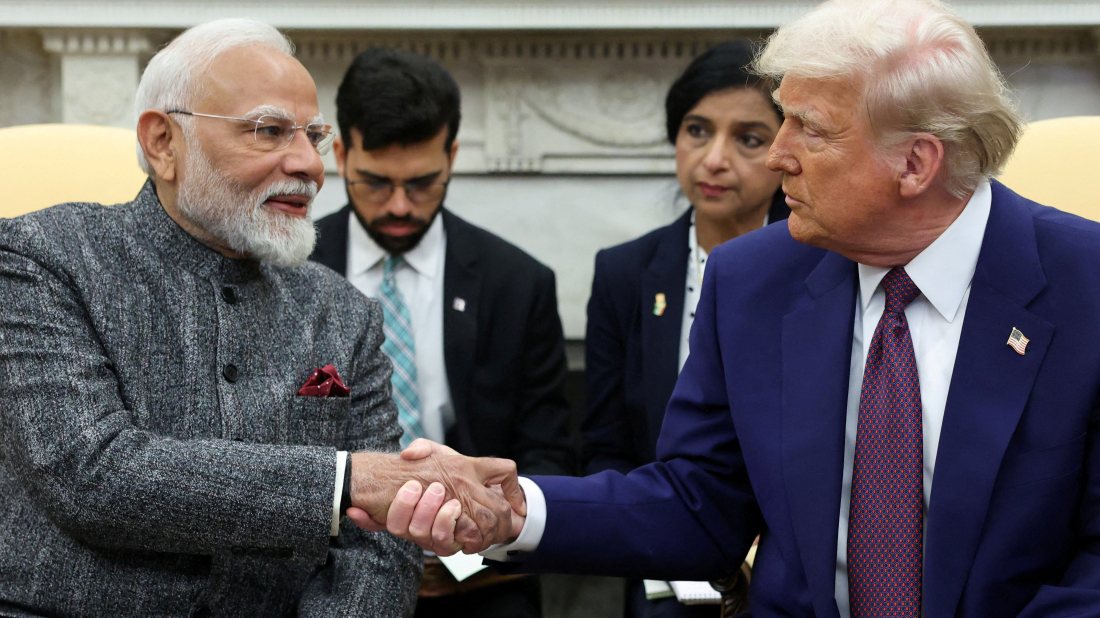
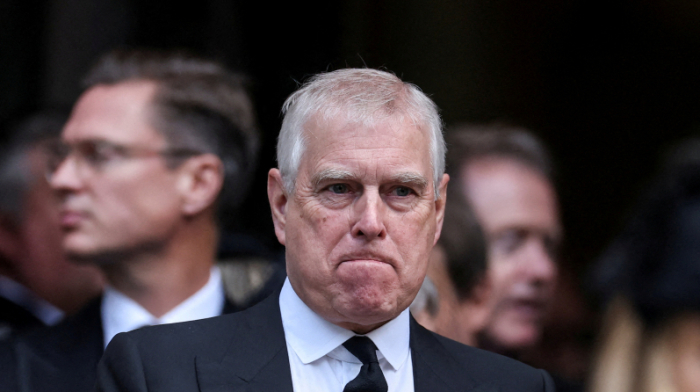
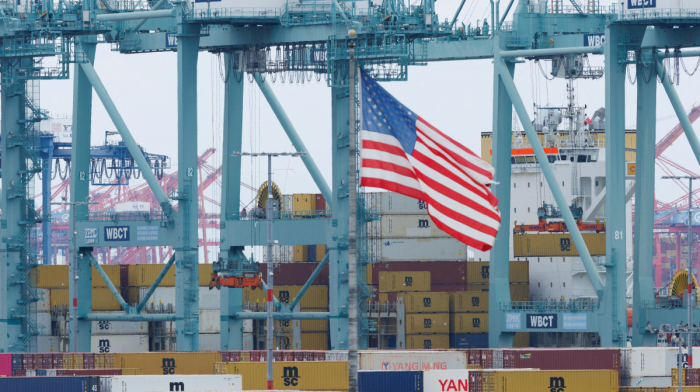


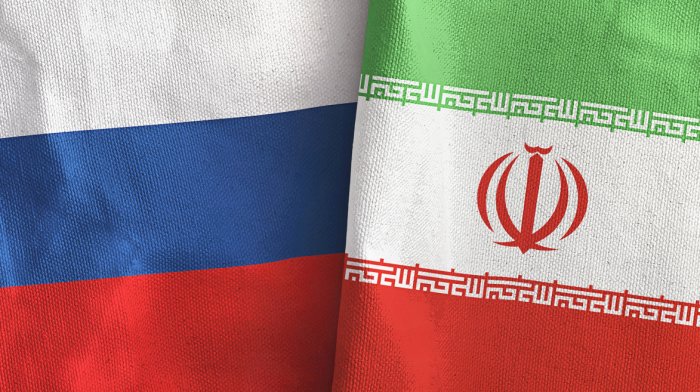


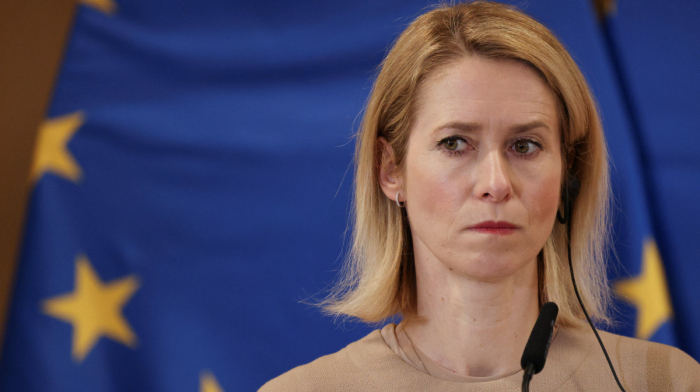


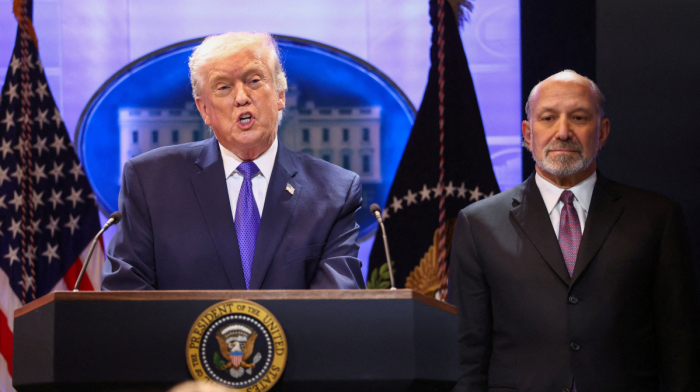

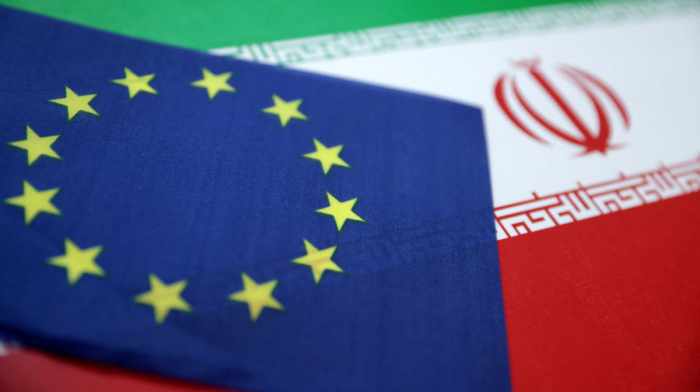



What is your opinion on this topic?
Leave the first comment